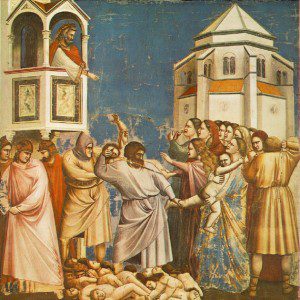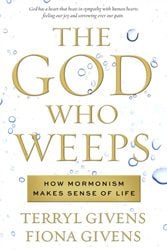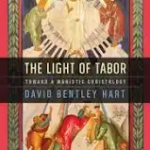A few things online that caught my attention this week: Conservatives debate the meaning of God and country. Thomas Kidd reviews Linford Fisher, The Indian Great Awakening: Religion and the Shaping of Native Cultures in Early America. David Barton is at it yet again The “theological brew” of the Brethren in Christ Church Henry Louis Gates Jr. on “growing up colored” Akhil Reed Amar on “presidential encores” Joseph Adelman takes on the National Association of Scholars Read more here. Read more
















